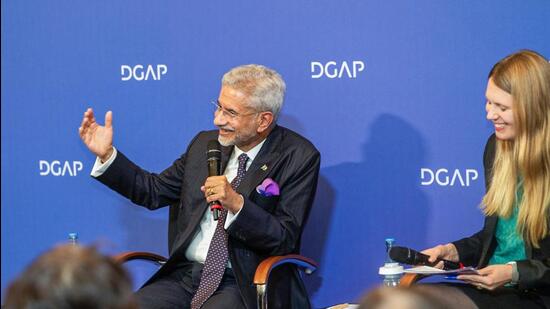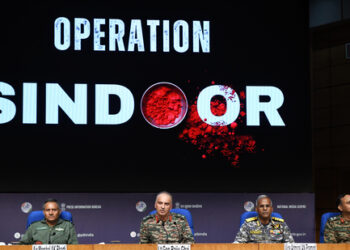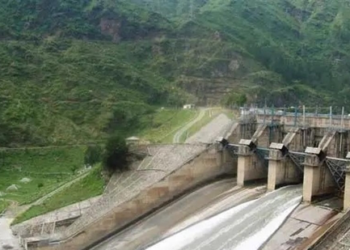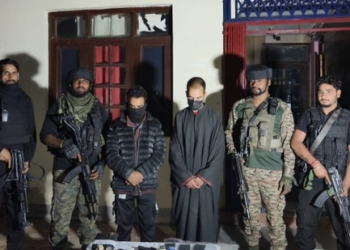In a strong diplomatic message delivered from Berlin, India’s External Affairs Minister S. Jaishankar clarified that the recent clashes between India and Pakistan are no longer rooted in the Kashmir dispute, but stem from India’s need to protect itself against cross-border terrorism. Speaking at a joint press conference with his German counterpart Annalena Baerbock, Jaishankar said that framing every India-Pakistan issue as a Kashmir conflict is outdated and disconnected from today’s realities.
“Our challenge with Pakistan is on terrorism. We have been very clear on this — we are open to normal neighborly relations, but it requires an environment free of terror,” said Jaishankar, rejecting the notion that territorial issues, especially Kashmir, remain the central point of friction.
The statement comes amid heightened tensions between India and Pakistan following terror attacks in Jammu and Kashmir, which Indian intelligence agencies have attributed to groups operating with Pakistani support. India has responded with strong military postures along the Line of Control and launched counter-infiltration operations in border areas.
Jaishankar’s remarks also come in the wake of renewed international scrutiny of South Asia after the recent Pahalgam terror attack, which claimed the lives of several Indian pilgrims and soldiers. The Indian government has accused Pakistan-based groups like Lashkar-e-Taiba and Jaish-e-Mohammed of orchestrating the attack.
While the Kashmir dispute remains a historical and emotive issue, Jaishankar emphasized that India’s recent actions are not driven by territorial ambitions but by national security imperatives. “We have endured cross-border terrorism for decades. The world must understand that India cannot allow its people to be targeted while remaining silent in the name of diplomacy,” he added.
The external affairs minister’s remarks reflect a shift in India’s diplomatic messaging — distancing ongoing hostilities from the political conflict over Kashmir and instead placing focus on Pakistan’s alleged support for terrorism. This narrative aligns with India’s broader international campaign to isolate Pakistan diplomatically on the issue of terrorism.
As global powers including Germany and the United States increase pressure on Pakistan to dismantle terror infrastructure on its soil, India’s stance appears to be gaining international traction. Jaishankar’s statement in Berlin reinforces India’s message: the future of India-Pakistan ties will depend not on dialogues about territory, but on Pakistan’s willingness to curb terrorism.






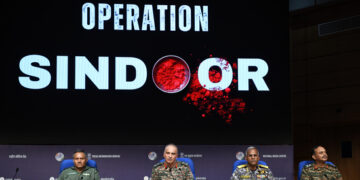

 India
India
